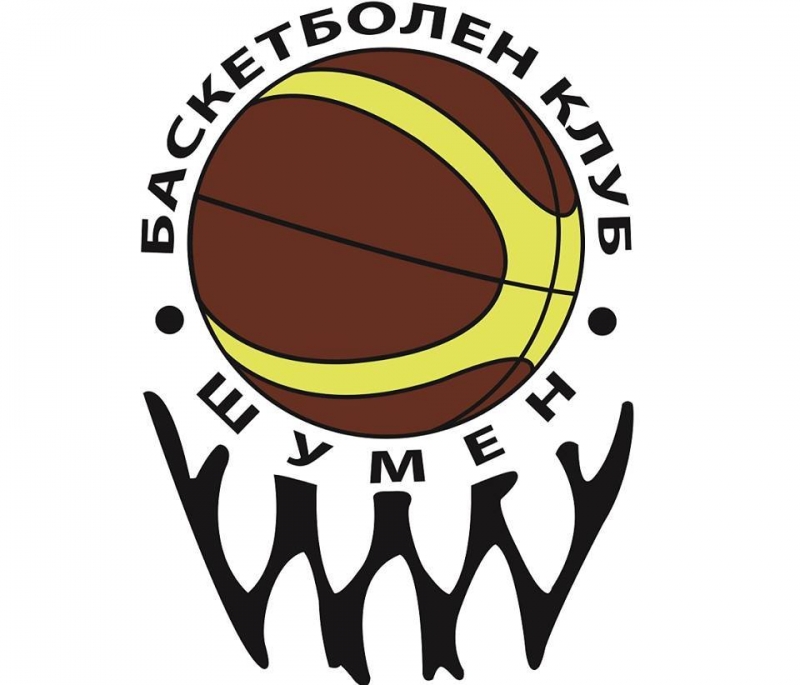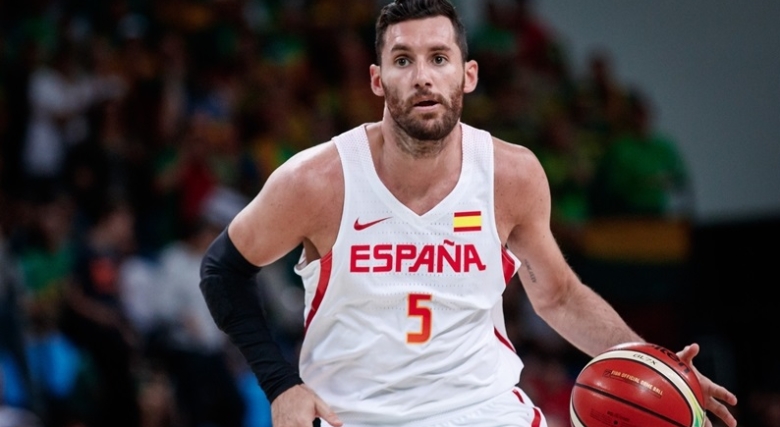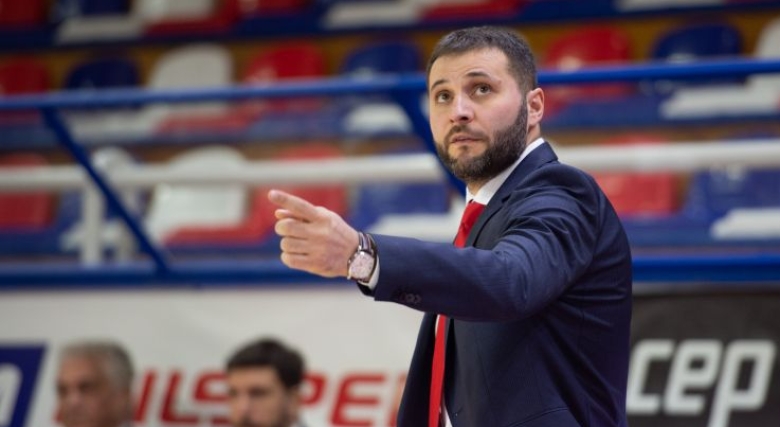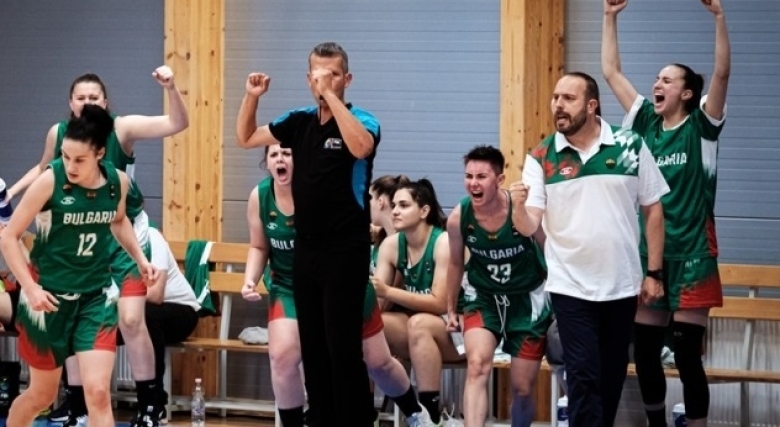Sometimes the best call is a "No call"
01-04-2007 09:48
By definition a shooting attempt starts 'when the player begins the motion that habitually precedes the release of the ball". Be absolutely clear about this in your own mind when calling a foul ; is it a continuation play or not? When did the foul actually occur ? Consistency is essential in this key situation as is a feeling for the play, avoid the mystery call which provokes accusations of inconsistency and weakness. Contact which occurs on the player in the act of shooting , following the release of the ball , should be viewed in the context in which it occurs. Did the contact place the shooter at a disadvantage ? Was the contact hard? Was the shooter able to continue normally? Did it affect the flow of the game. Touch fouls do not warrant a bonus shot if the basket is scored and play resumes without interruption or protest. Consider the good defensive player , jumping within his body cylinder , who hits the ball or the shooter's hand whilst holding the ball , This is not a foul even by rule definition , "if such contact is only with the opponent's hand while it is on the ball , it shall be considered incidental". Understand and apply the principle of verticality consistently. A defensive player , having established a legal guarding position , is entitled to the space within his cylinder from the floor to the ceiling. The defender may raise both arms vertically whilst on the floor and may jump vertically with arms extended above the head within the cylinder. If contact occurs because of the offensive player moving the vertically extended arms of the defender or jumping into the cylinder of the defender then attention should focus on the actions of the offensive player. Who initiated the contact? If communication is effective and the interpretation of contact consistent there should never be a "double foul" which is the direct result of conflicting decisions on a play by the officials. Correct positioning and eye contact will assist referees in producing a good team performance as will a thorough pre-game conference. Avoid the "cop-out" call where the official gives a basket to the offensive player who has clearly fouled before the release of the shot for goal. This is not an advantage / disadvantage play it is a blatant disregard of the rule by the official. Similarly , avoid the "mystery call" which does not belong in the game and lacks a feel for what is actually taking place on the court. Call what is necessary. Technical fouls are precisely what the name implies: there is nothing personal about them. They are penalties provided for in the rules to deal with technical infractions of the spirit and intent of the rules. It is essential that the timing and use of technical fouls is seen to be logical and fair. Players and coaches will do what referees allow them to do. It is unreasonable to penalise a player or coach at the end of a game for actions/behaviour which have been consistent and tolerated since the start of the game. Whilst each referee is responsible for out of bounds on the relevant end , side and mid-court line , it is not unusual to find a referee in a situation where the last touch of the ball is not clear before it goes out of bounds. In such a situation the "active" referee should look to the other official for help and support, not make an educated "guess" as to which team has possession of the ball out of bounds. The "free" official , if in a position to do so , should clearly indicate the direction of play after establishing eye contact with the "active" official. Be decisive in such situations. Use your whistle as you would your car horn. Only when it is necessary. Control the game as a conductor would control his orchestra, with a feeling for the flow of the game. Liken the flow of the game to the flow of the orchestra's music. Keep the public entertained , don't stop the music unless you have no other choice. When two opposing players are jostling for position under the basket , especially when a shot is in flight to basket , consider the principle of advantage / disadvantage when either a basket is scored or the defensive team secures the rebound. Did the contact affect the game? One of the hardest things to do in basketball officiating is NOT to blow the whistle. A "no-call" is NOT an abdication of responsibility for making a call , it is a situation in which the referee having a " FEEL" for the play has judged that the contact / circumstances did not warrant the game being stopped.
Comments

Dee Bost: It was important for me to play for Bulgaria
21-09-2016BGbasket.com spoke with an american point guard Demarquis "Dee" Bost who played this summer for Bulgaria men′s national basketball team for qualifications for Eurobasket 2017
more...

.jpg)
(1).jpg)
.jpg)



.jpg)
.jpg)

.jpg)


































